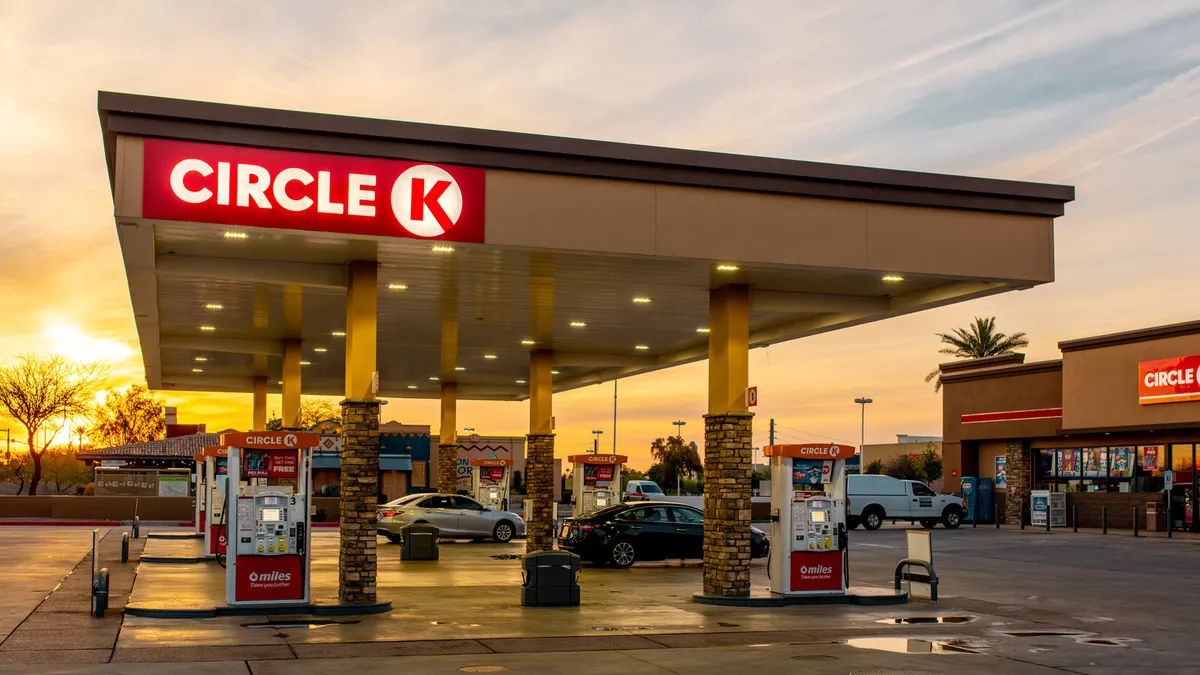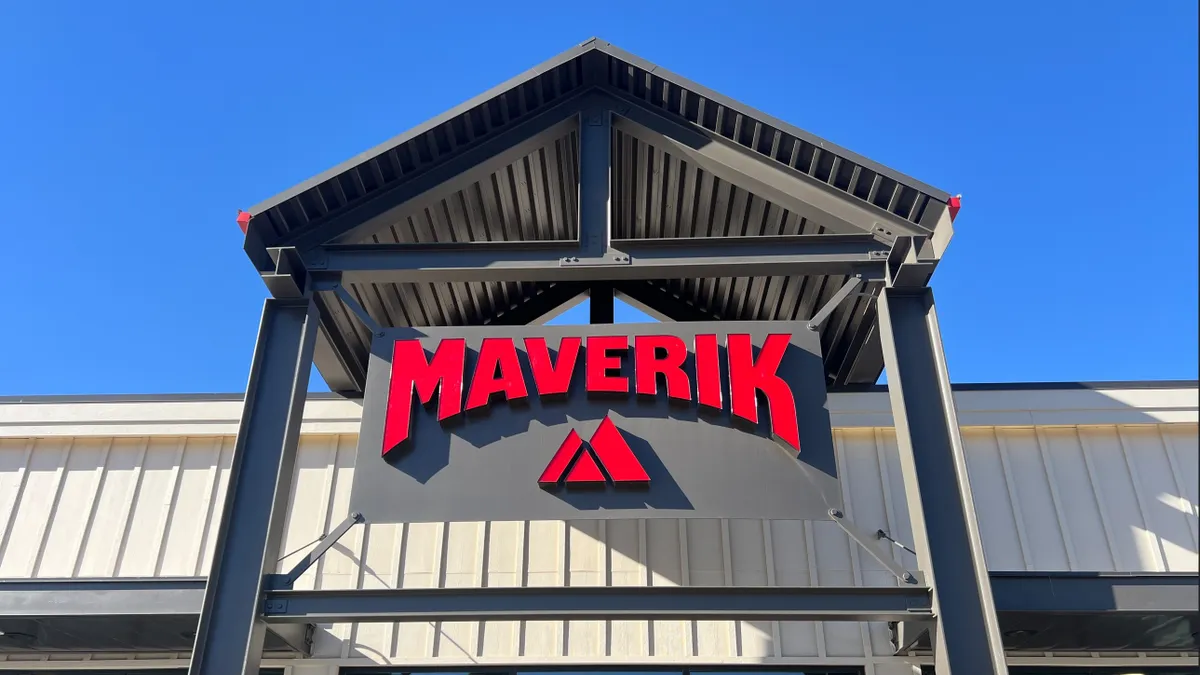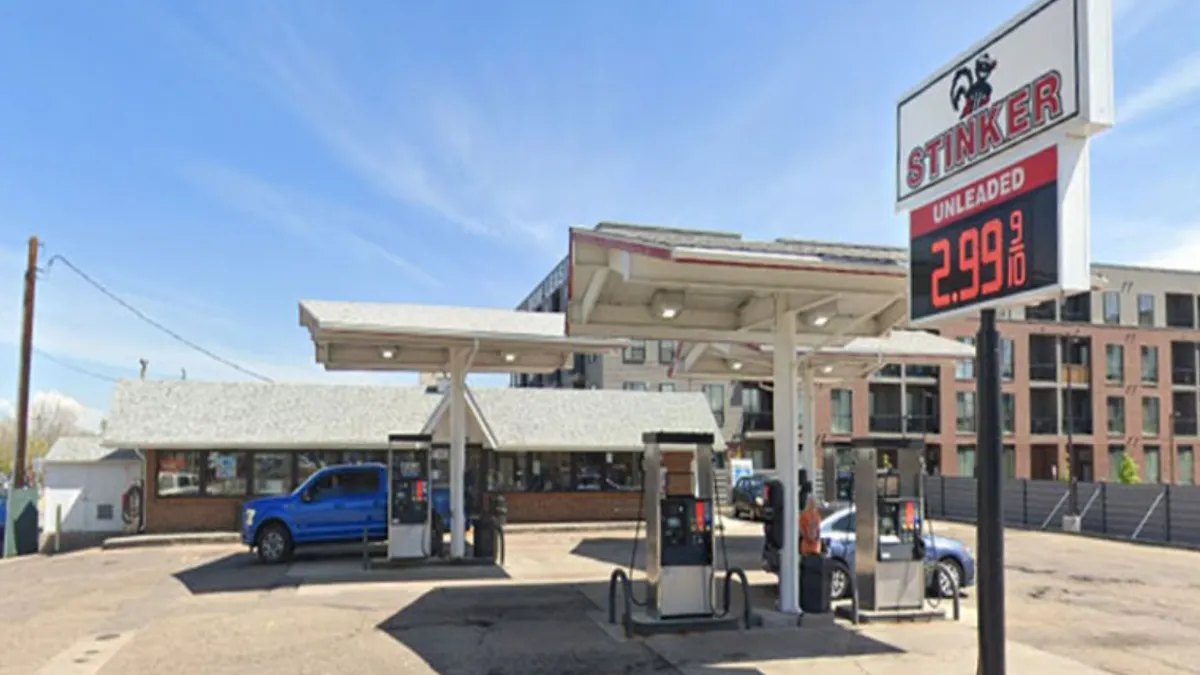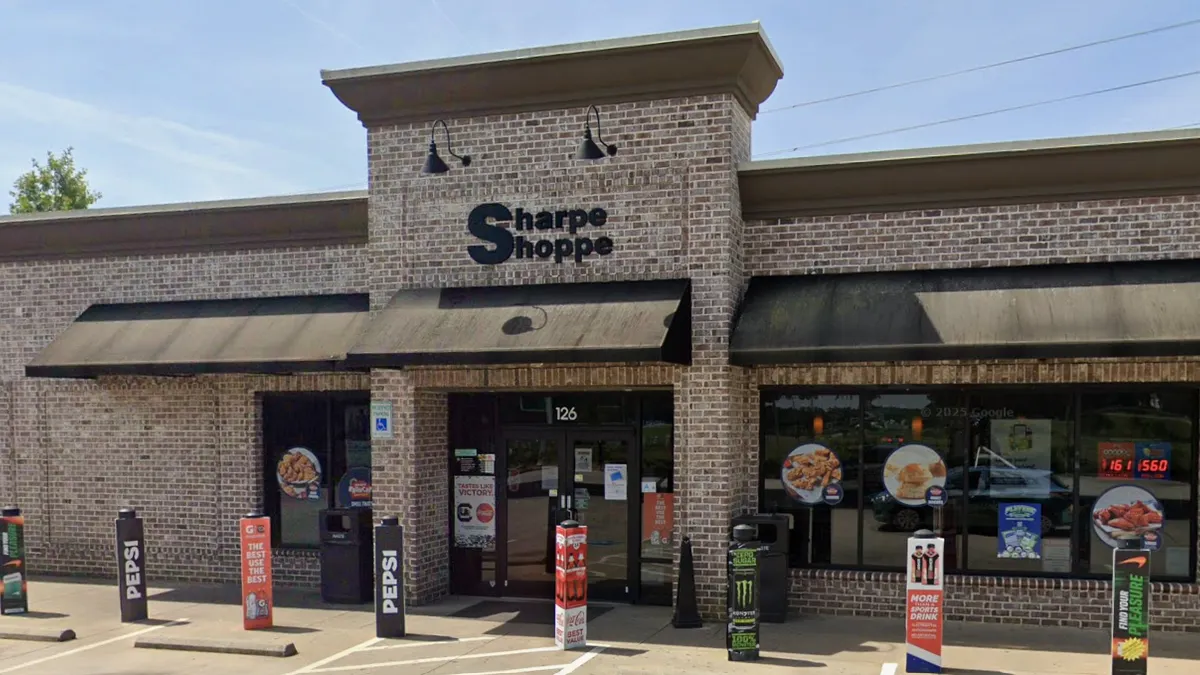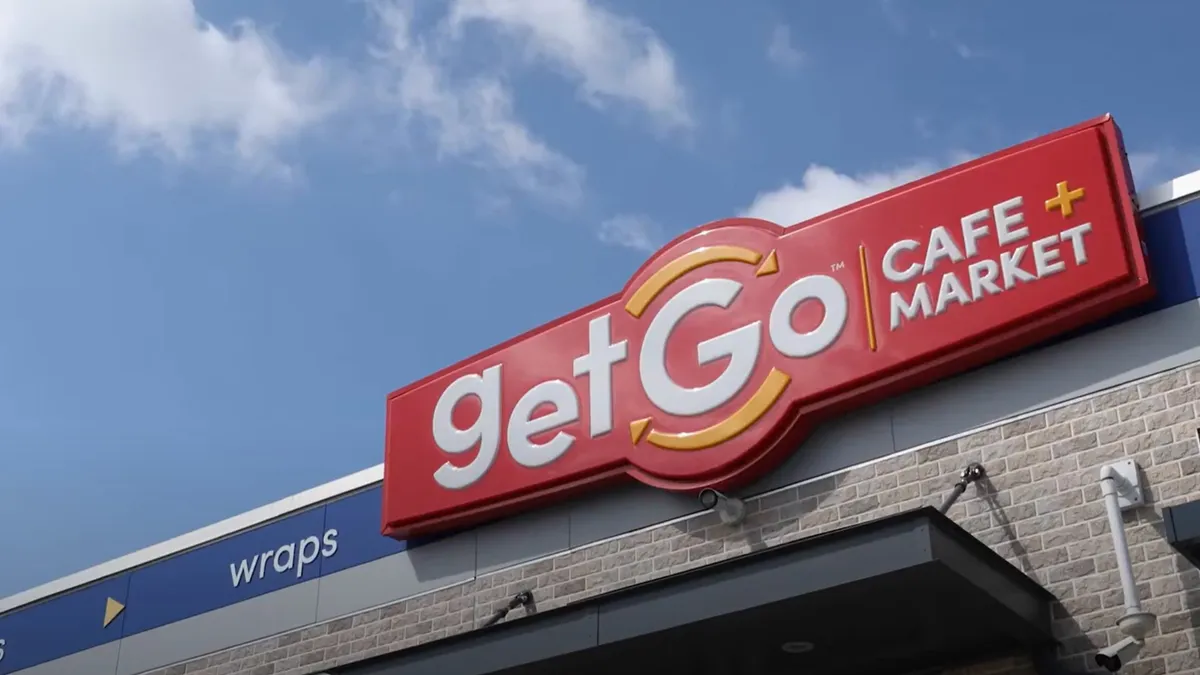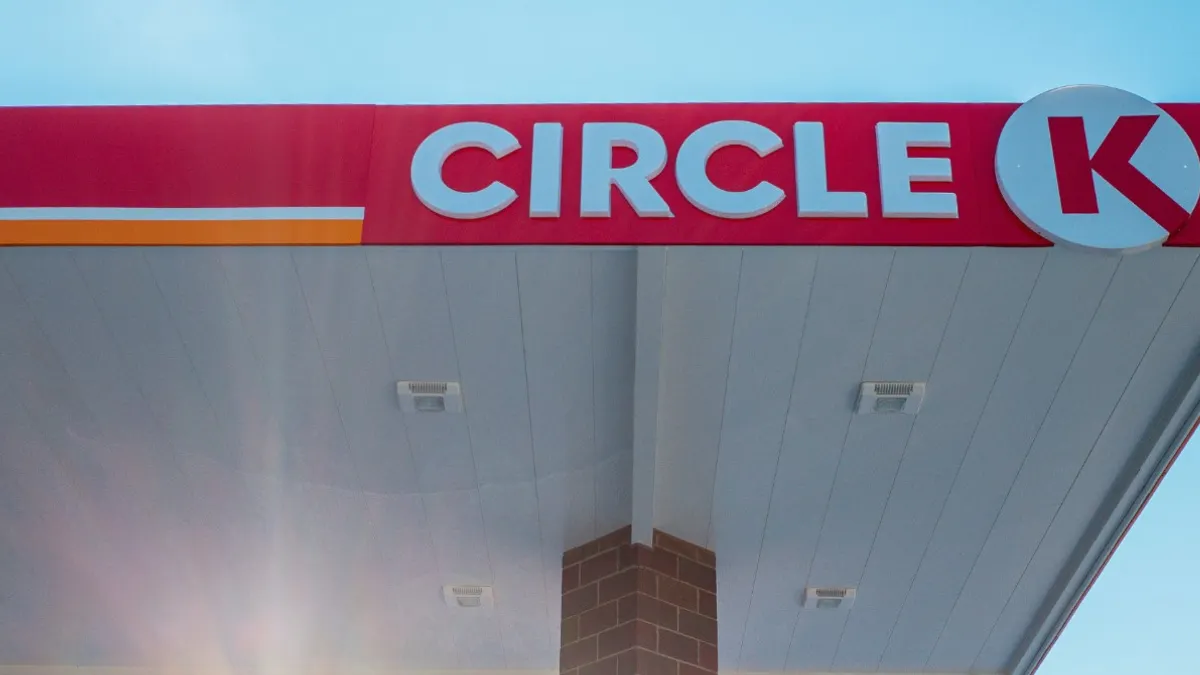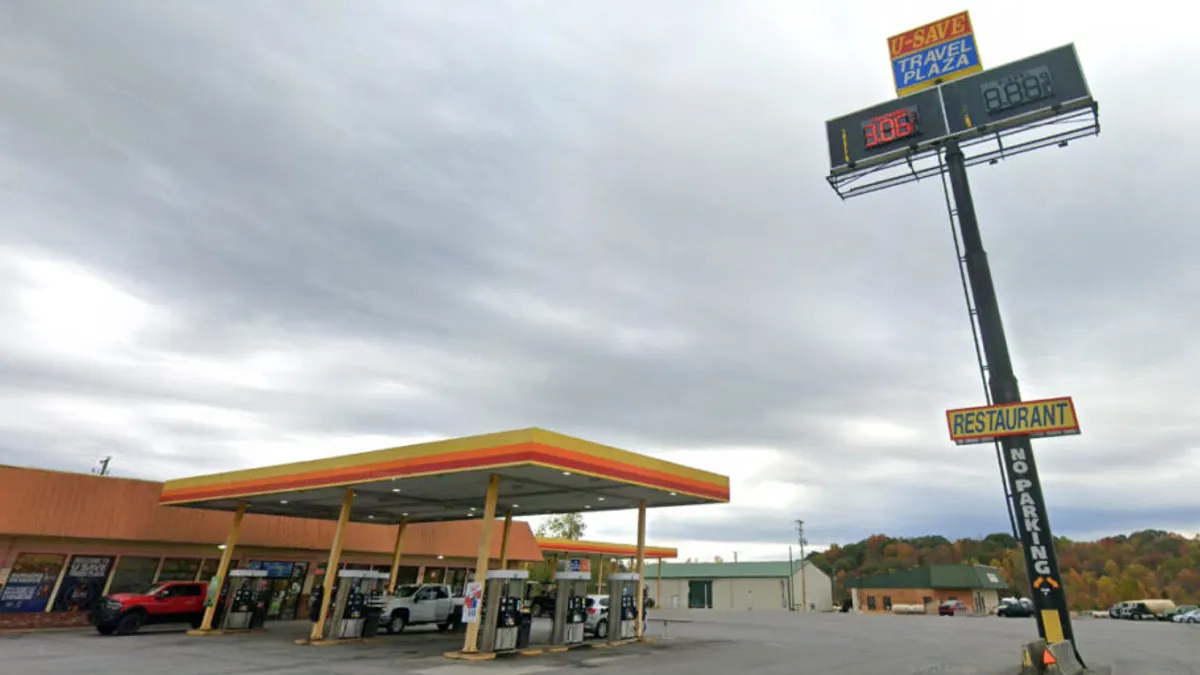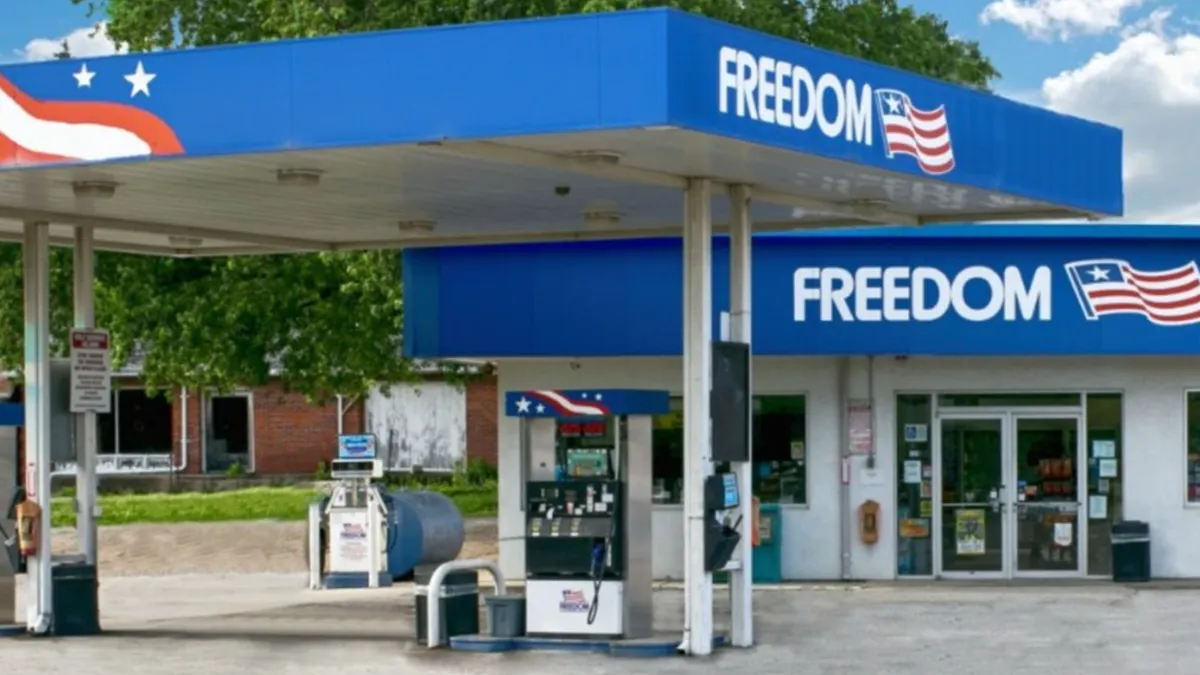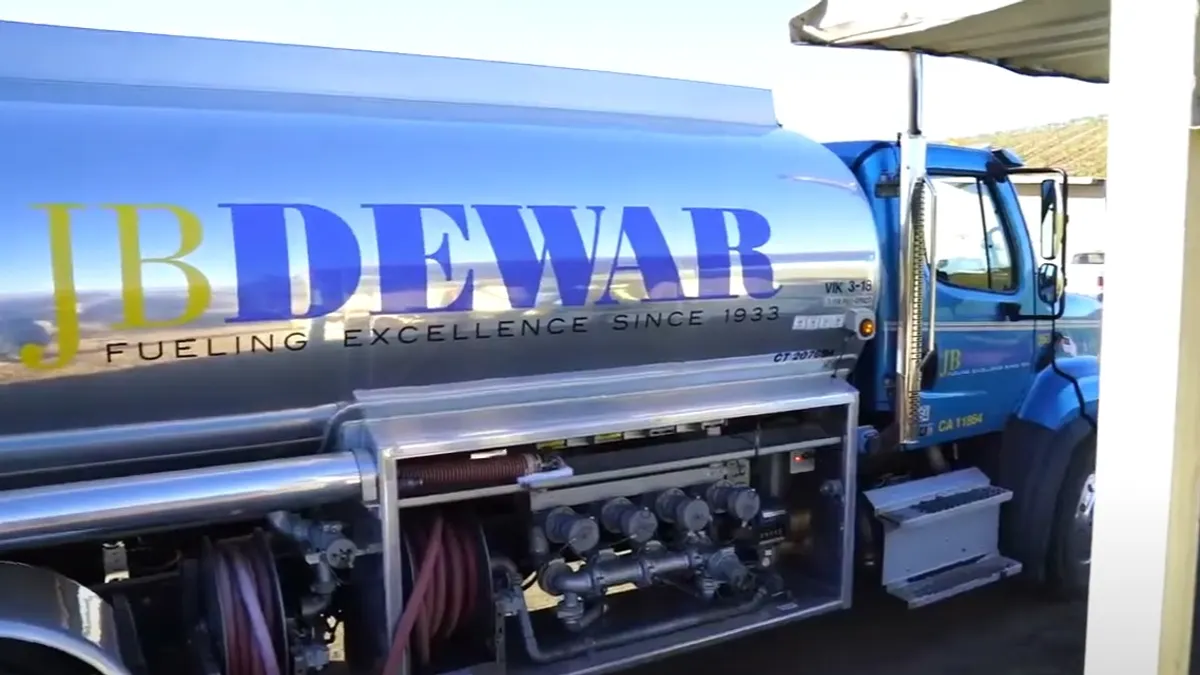As the world waits to learn whether Seven & i, parent company of 7-Eleven, will accept a takeover bid from Alimentation Couche-Tard, experts are considering what such a deal would look like and how it could be most successful.
In a recent report from Bloomberg Intelligence, Equity Research Analyst Diana Rosero-Pena noted that “Couche-Tard risks wiping out $24.5 billion in combined market cap in a potential buyout of Seven & i if it doesn't get synergies at the very top of the range achieved in previous deals.”
In previous acquisitions, the parent company of Circle K generally found synergies of 30%-60% of the target’s EBITDA, according to Bloomberg Intelligence’s report. However, “a similar number with Seven & i could prove difficult.”
C-Store Dive spoke with Rosero-Pena about the hurdles Couche-Tard is facing to seal the deal, as well as what might lie ahead if it’s approved.
Roadblocks to top-end synergies
One challenge highlighted in Bloomberg Intelligence's report is the lack of fuel overlap between the two companies. Many 7-Elevens simply don’t have gas pumps, while. Couche-Tard boasts impressive U.S. fuel margins in the low-to-mid-40’s cents per gallon, she added.
“Seven & i stores tend to be urban, compared to suburban [stores] from Circle K,” said Rosero-Pena.
Acquiring a company with a significant fueling station footprint would benefit Couche-Tard’s supply chain, enabling the retailer to push its synergies toward the upper end of the range, while a purchase of Seven & i may not harmonize as strongly with Couche-Tard’s existing operations.
Another potential impediment is the prevalence of franchisees in Seven & i’s footprint, said Rosero-Pena. While less than half of Couche-Tard’s footprint is franchised, that number is more than 90% at 7-Eleven.
A high percentage of franchised stores can make it difficult for the acquirer to quickly make changes to the new stores, depending on the contract, she noted. That could also lower savings.
“There's a lot of investor sentiment that feels that the synergies … might be on the lower end, probably even lower than 30%, because of these issues,” said Rosero-Pena.
If the deal is made in stock or a combination of stock, cash and debt, the impacts on shareholders probably won’t be as bad. However, if the deal is completely financed through debt, that could burden the combined company.
A large amount of debt means Couche-Tard would probably prioritize repayment over some other costs and investments for a while, especially if it wants to maintain its credit rating.
“They will probably do maintenance capex, but further expansion? I highly doubt that,” said Rosero-Pena. “If they buy Seven & I, they're probably good [for]... a couple of years.”

What’s in it for Couche-Tard?
Rosero-Pena noted that one major advantage for Couche-Tard would be acquiring Seven & i’s voluminous data and deep institutional knowledge in fresh foods.
Additionally, buying Seven & i would give Couche-Tard a strong presence in Asia overnight. In Japan, for example, roughly 90% of the c-store market is made of just three banners: 7-Eleven, Lawson and FamilyMart. That market is much more centralized than in the U.S., where the top three banners comprise less than 15% of the total landscape.
“They can increase their exposure in Asia without necessarily having to start from scratch,” said Rosero-Pena.
However, Rosero-Pena noted that the Canadian retailer has a long history of successful acquisitions and would not have made its offer lightly.
“One of the things that Couche-Tard has been known for is, they do their homework,” she said.
A complex deal
It’s hard to ignore comparisons to the failed Albertsons-Kroger merger. Similar antitrust concerns to that deal could add another hurdle to Couche-Tard’s process.
However, the comparison also highlights the scope of this attempted acquisition. While the grocers were looking to divest around 600 stores in an attempt to satisfy competition concerns, the proposed convenience store megamerger would include thousands of overlapping sites.
“In the consumer staples arena, I don't think I've ever seen something as big as this and as complex,” said Rosero-Pena.
Even though the Japanese conglomerate has shed some businesses over the past few years, it will still have supermarkets and part of its banking arm in addition to its c-stores if a deal solidifies.
There’s also a chance that the scope of the acquisition could change during talks. For instance, Couche-Tard might seek to buy Seven & i’s North American assets instead of the whole company. This would make the deal simpler and more digestible, Rosero-Pena said.
Either way, the two companies have finally opened their books and are doing thorough due diligence, which could take months.
“I don't necessarily think that we're going to get a full answer until probably the end of the year at this point,” said Rosero-Pena.


